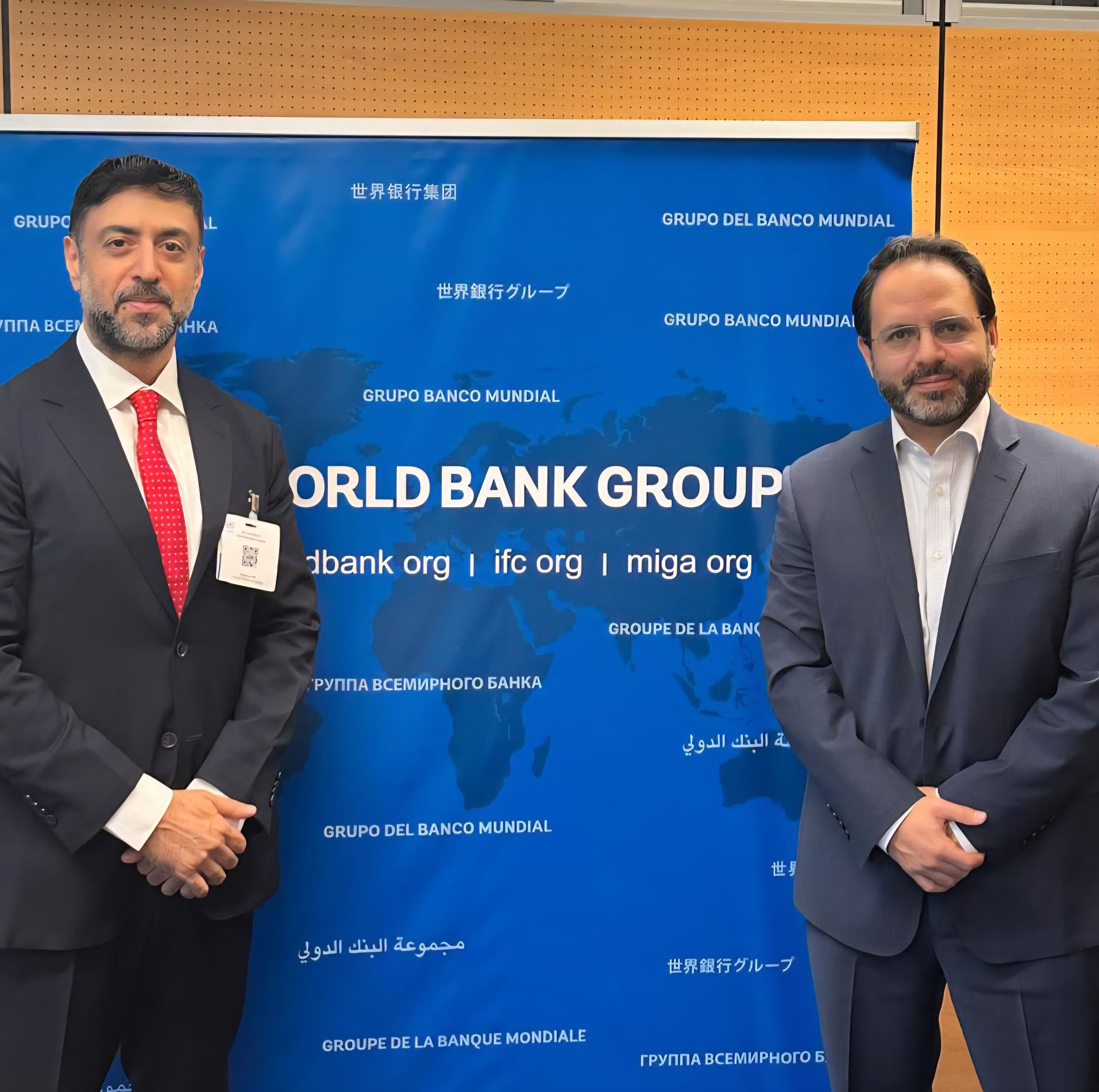Cairo
Source: Al-Wafd Newspaper
Prof Dr. Ali Mohammed Al Khouri
Customs tariffs are no longer merely policy tools used to protect national markets or adjust trade balances between countries. In recent years, they have evolved into instruments of confrontation, deployed within broader geopolitical conflicts aimed at asserting dominance and resisting the growing economic influence of certain global powers. This use of sovereign customs powers has moved beyond pure economic competition and now threatens the very structure of the global system established after World War II—one built on the principles of free trade, economic integration, and international institutions as guarantors of stability.
In this context, trade wars have become a tangible reality that threatens global economic and financial stability. Their impact goes far beyond rising prices and slowing trade flows, reaching into the very principle of cooperation that underpins the liberal international order.
The escalating use of tariffs as tools of political and economic pressure cannot be seen in isolation from the deeper shifts in the international system. We are witnessing a retreat from multilateralism and the rise of zero-sum views of conflict—perspectives that interpret relative gains as threats rather than opportunities. This shift makes trade wars, especially among major powers, a testing ground for a new model of international relations rooted in comprehensive competition rather than structural cooperation.
At the level of global economic growth, tariffs impose compounded costs on both consumers and producers. They raise the prices of final goods, erode purchasing power, and generate inflationary pressures that ripple through the economy. However, the deeper impact lies not in these immediate indicators, but in the long-term structural consequences that affect global supply chains. The contemporary global economy is based on highly interconnected production networks, with manufacturing, assembly, and exports distributed across multiple countries and continents. When tariffs forcibly disrupt these networks, the result is a collapse in efficiency, increased costs, and timing disruptions—undermining the very model on which the post-globalization economy is built.
In parallel, trade wars create a climate of uncertainty for investors, who become reluctant to inject capital into long-term projects in unstable environments. This investment contraction not only slows growth but also negatively affects employment, technology transfer, and financial market stability.
As such policies expand, global trade volumes shrink, and the attractiveness of imported goods declines. This drives countries toward voluntary economic contraction out of strategic caution, accelerating the transition of trade tensions into full-blown economic recessions.
The impact extends beyond economics to the political fabric of the global order. When tariffs become tools of political deterrence, international relations are governed by a logic of punishment and retaliation rather than partnership. This revives old national disputes under an economic façade and undermines the role of multilateral institutions like the World Trade Organization, which is increasingly unable to contain the ongoing erosion of the rules-based system.
The financial implications of this conflict are deeply significant. Markets experience sharp fluctuations due to a loss of confidence, currencies collapse in export-dependent countries, and capital flees emerging markets in search of safer havens. This capital flight leads to liquidity crises, higher borrowing costs, and weakens governments’ ability to finance essential services or meet foreign debt obligations.
The social dimension of this conflict is equally severe. When factories shut down, exports grind to a halt, and companies lose competitiveness, jobs are the first casualties. Recession transforms from an economic indicator into a humanitarian crisis, disproportionately affecting vulnerable groups who find themselves unable to cope with rising prices, dwindling job opportunities, and deteriorating public services. In such an environment, social inequality deepens, societal tensions rise, and feelings of marginalization intensify—opening the door to populism and political extremism.
This accelerated erosion of the global trade system cannot be addressed through technical reforms or minor tariff adjustments. What is needed today is a fundamental redefinition of the concept of “international public interest,” based on a more realistic and just vision—one that excludes no one and subjects no one to the logic of power. Global stability cannot be built on shattered supply chains, trembling markets, and broken trust.
In this regard, major global powers must shoulder their historical responsibilities and realign their priorities to protect the global economic system from internal collapse. No country, regardless of its strength, can thrive in a fragmented system. National interests are not achieved through confrontation, but through balance—not through boycotts, but through negotiation.
Trade wars are not merely economic disruptions; they are the early signs of a new international era taking shape before our eyes. If decision-makers fail to heed the signals of this transformation, we may soon find ourselves facing a global order that is more divided, less stable, and more fragile than ever before.
In the end, we must recognize that when tariffs shift from sovereign tools to instruments of conflict, they do not bring the world to the negotiating table—but rather to the edge. And as history teaches us, the edge is often the beginning of a decline that no one can control, neither in speed nor in depth.












